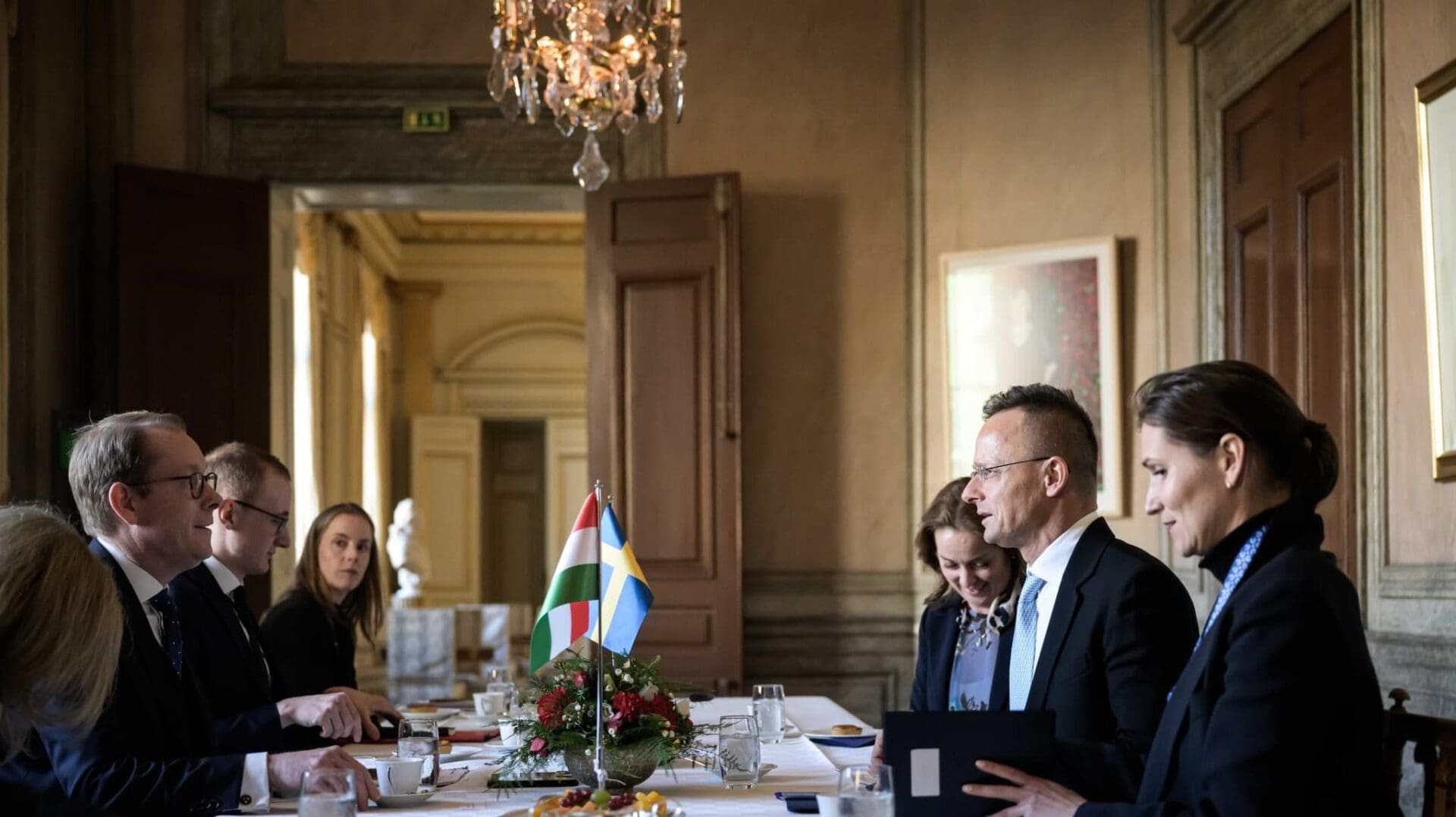
Hungarian Delegation to Meet With Nordic Leaders to Discuss NATO Bid
Péter Szijjártó, Minister of Foreign Affairs and Trade, has recently held talks with his Swedish counterpart, Tobias Billström, in Stockholm.

Péter Szijjártó, Minister of Foreign Affairs and Trade, has recently held talks with his Swedish counterpart, Tobias Billström, in Stockholm.
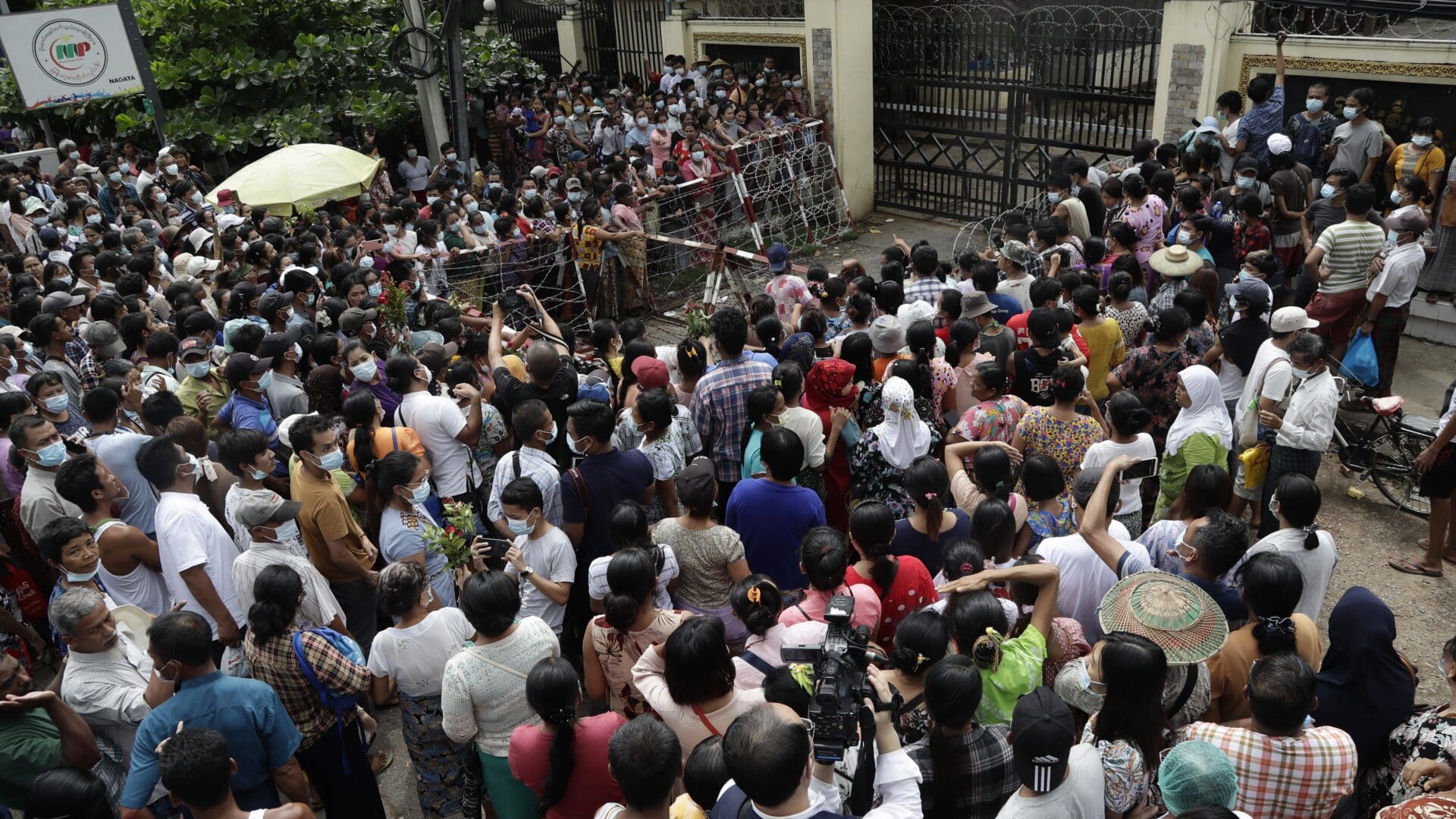
Retrospectively, one can say the coup had been in the making. But how unexpected it was is plainly demonstrated by an epic video on YouTube, in which a fitness trainer is holding a public dance workout session, totally oblivious to the motorcades of military vehicles roaring in the background, later capturing strategic buildings and institutions.
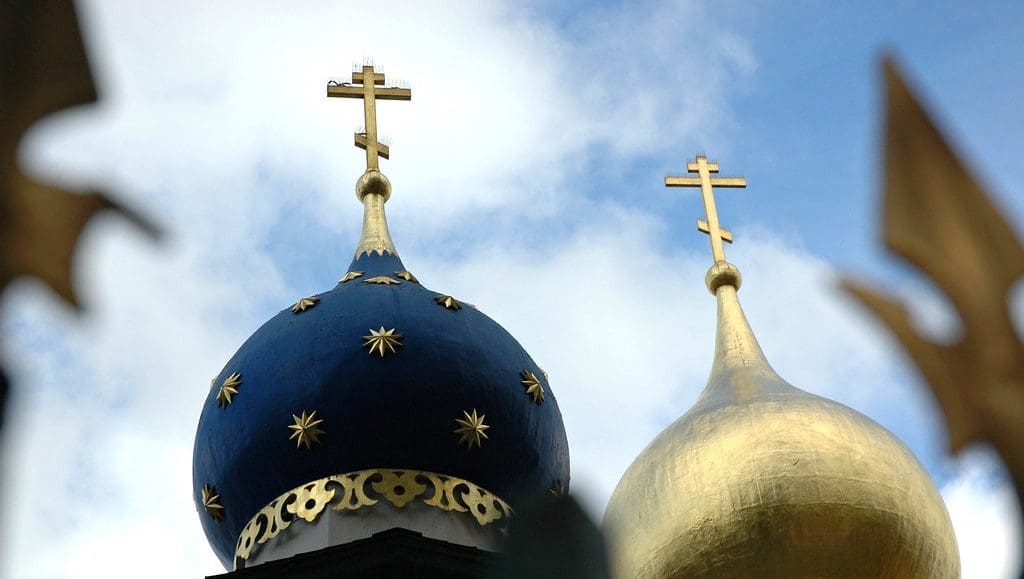
Dr Brittany Pheiffer Noble recently gave a lecture titled ´From Counterculture to Establishment Subculture: Orthodoxy in 21st century Russia´ at the Danube Institute.
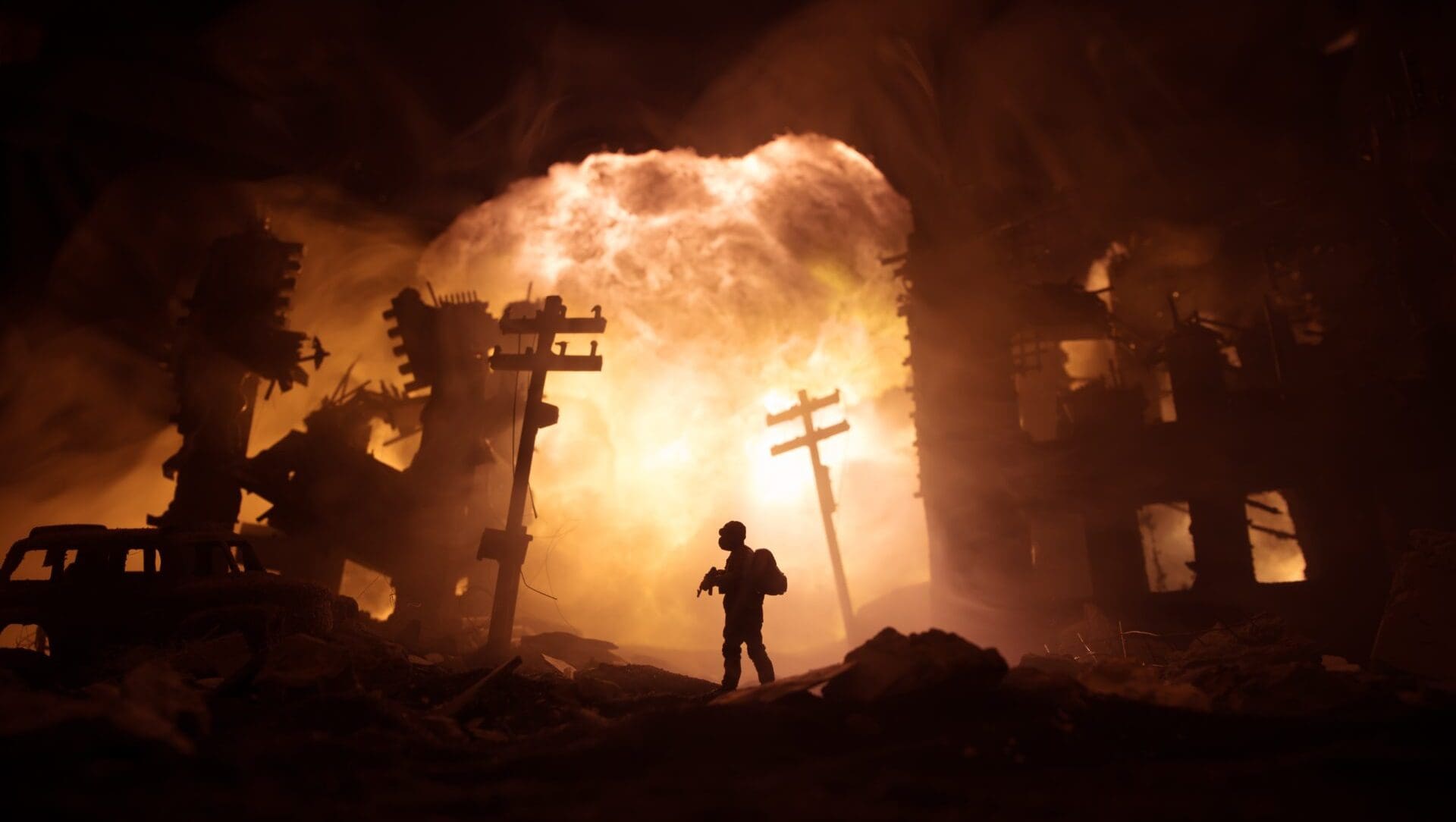
Ukrainian Deputy Foreign Minister Yevhen Perebyinisinister made critical remarks about Hungary not supporting Ukraine in the war and wanting ‘the annihilation of the Ukrainian nation’. Máté Paczolay, the spokesman for the Hungarian Ministry of Foreign Affairs, issued a response.
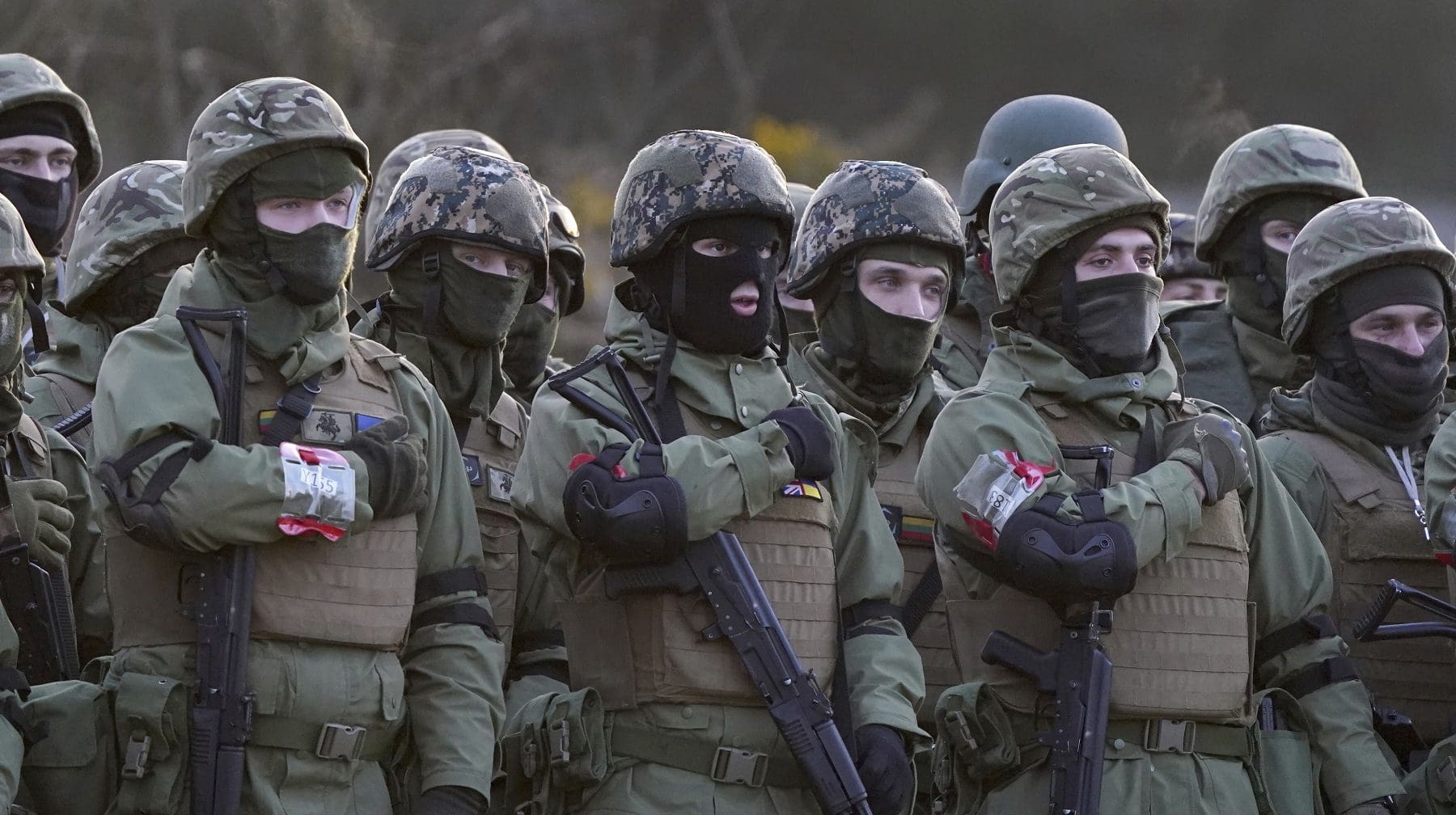
‘What Europe ultimately needs is a fundamental psychological shift, in which pathological Western civilizational guilt and national self-effacement are set aside. Needless to say, this is a tall order for Western and Northern Europe. Here the nations of Central and Eastern Europe seem to have some advantage, however, having been somewhat isolated from such forces by history. They may be able to increasingly play a beneficial leadership role—if others are willing to listen.’
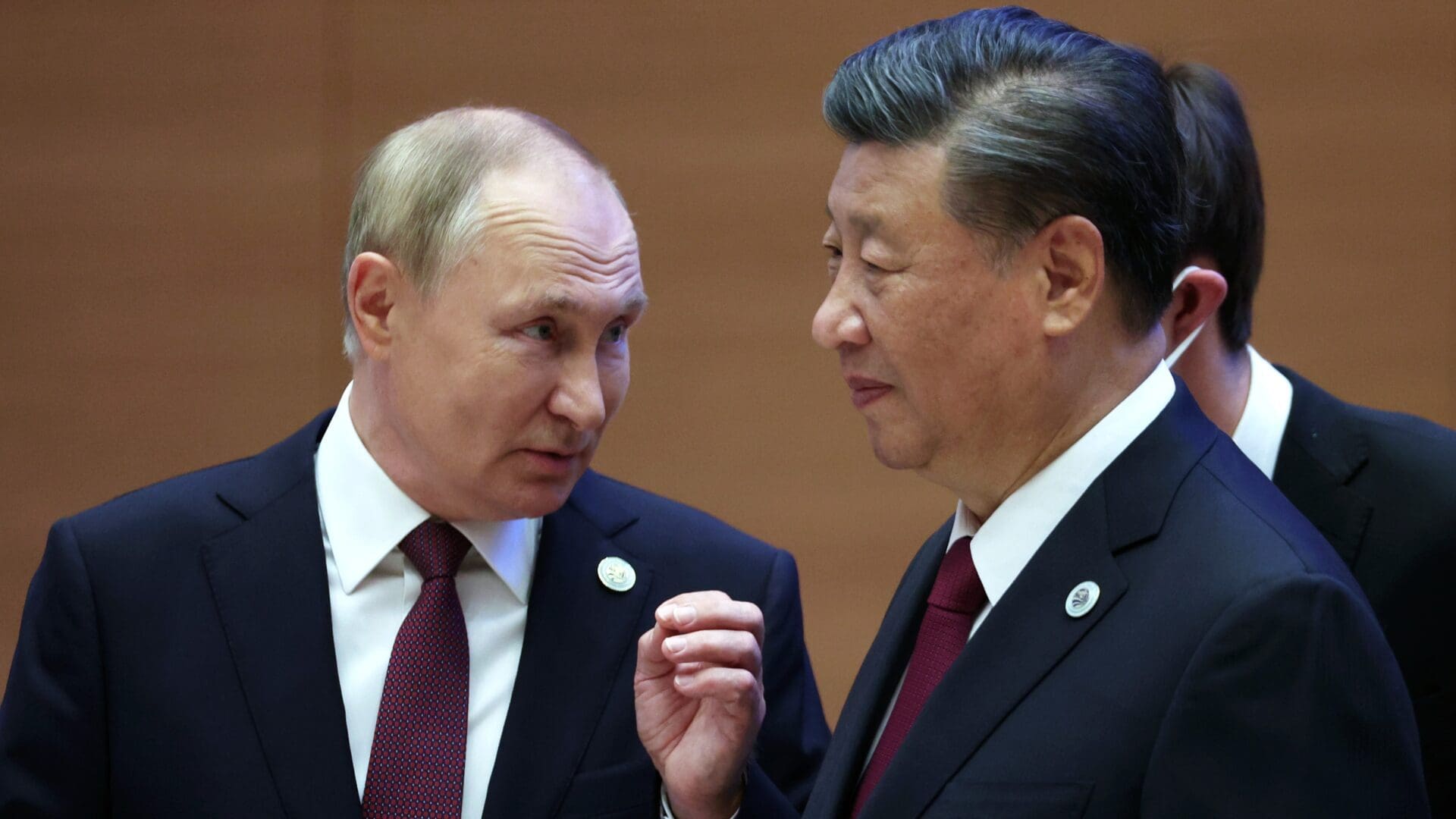
The war in Ukraine has been ravaging European economy for the past year. Marking the recent one-year anniversary of the invasion, this article looks at the economic sanctions imposed upon Russia and assesses their effect.
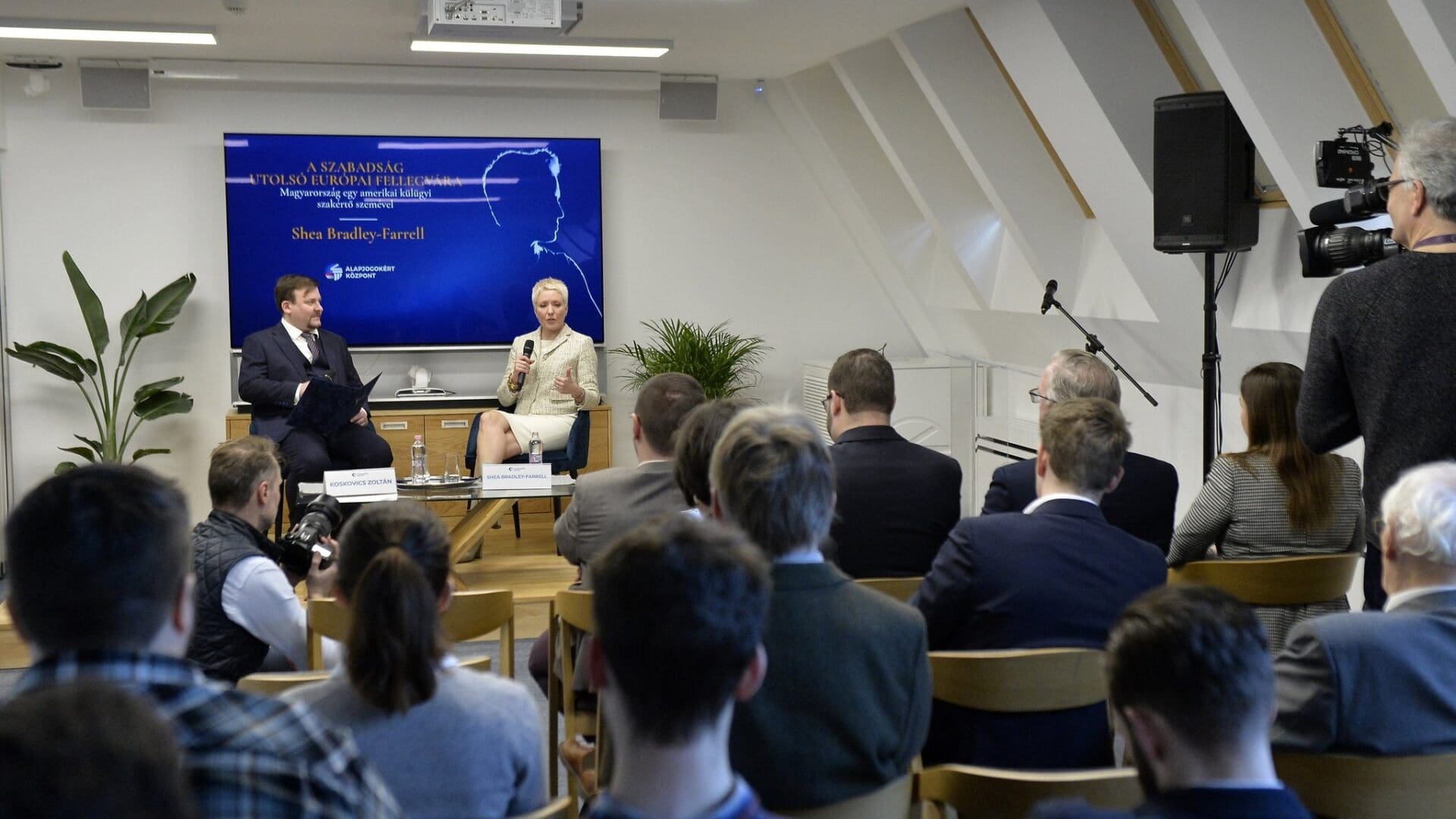
‘I have a very unpopular view of the war in Ukraine, in the United States. I am more welcome here in my view than anywhere in the United States. I will start by saying that I believe in Ukrainian sovereignty. However, I do not believe that it is in US interest to do what we’re doing,’ Dr Bradley-Farrell told the audience.
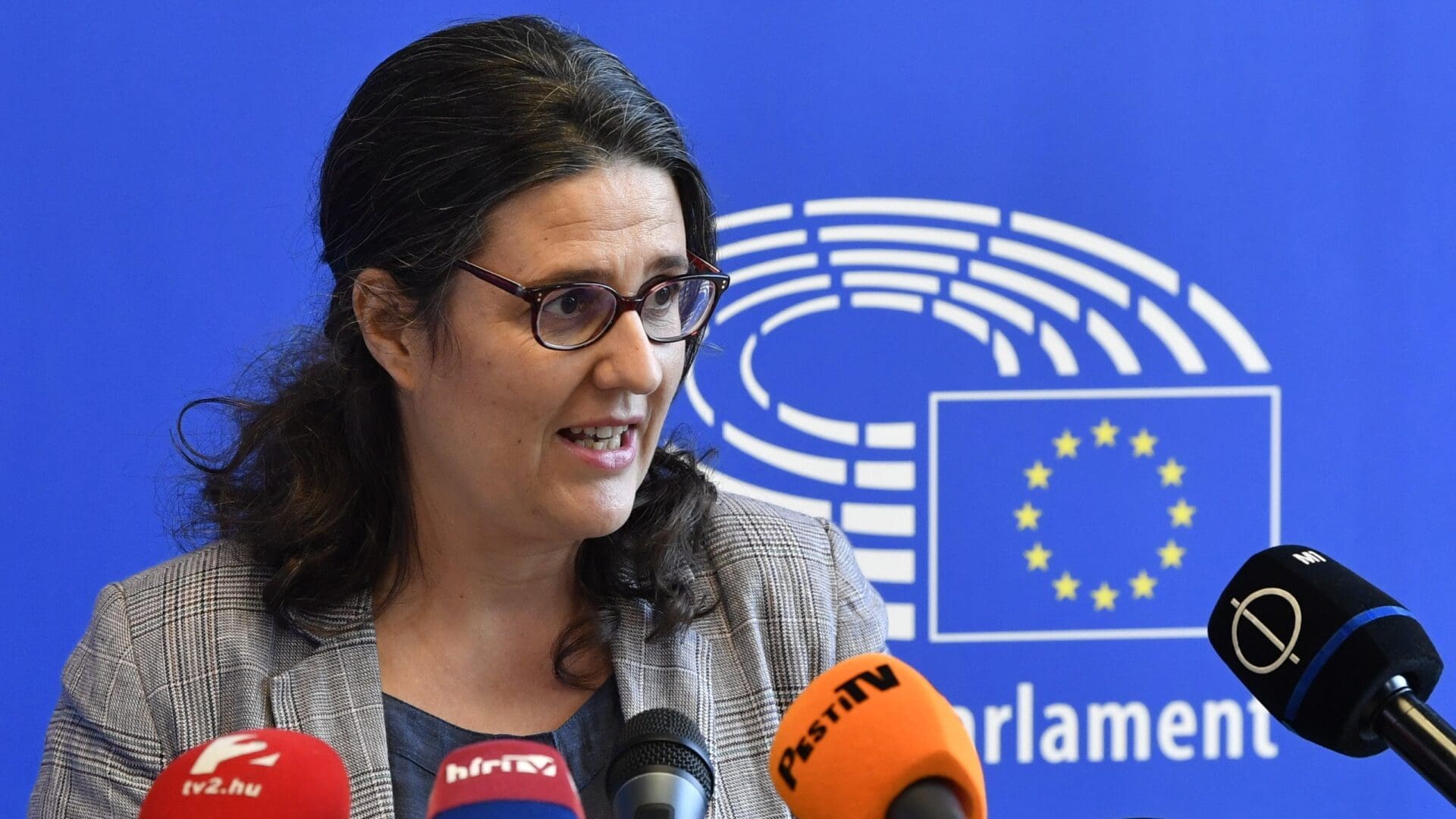
Last April, the overwhelming majority of Hungarian people voted against the left-wing opposition in favour of the current government party, conscious that it promised to protect Hungary’s peace and security above all—even if the excisemen of the war would have it otherwise.
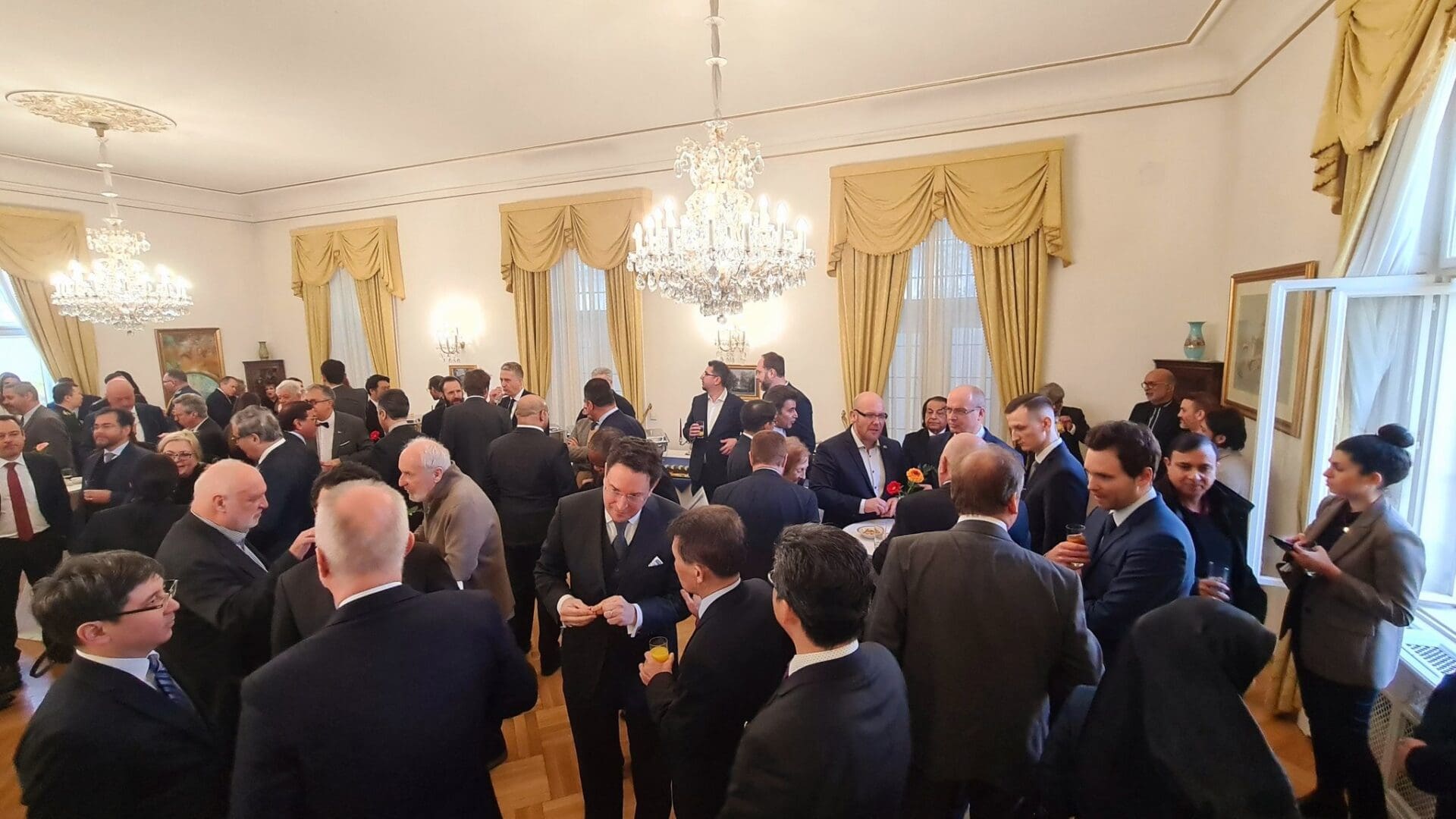
Ambassadors Varga-Haszonits and Fałkowski were the only diplomats to be present at the Tehran event with President Raisi. Despite that, other European nations also refrain from fully committing to cutting ties with the Middle Eastern nation.
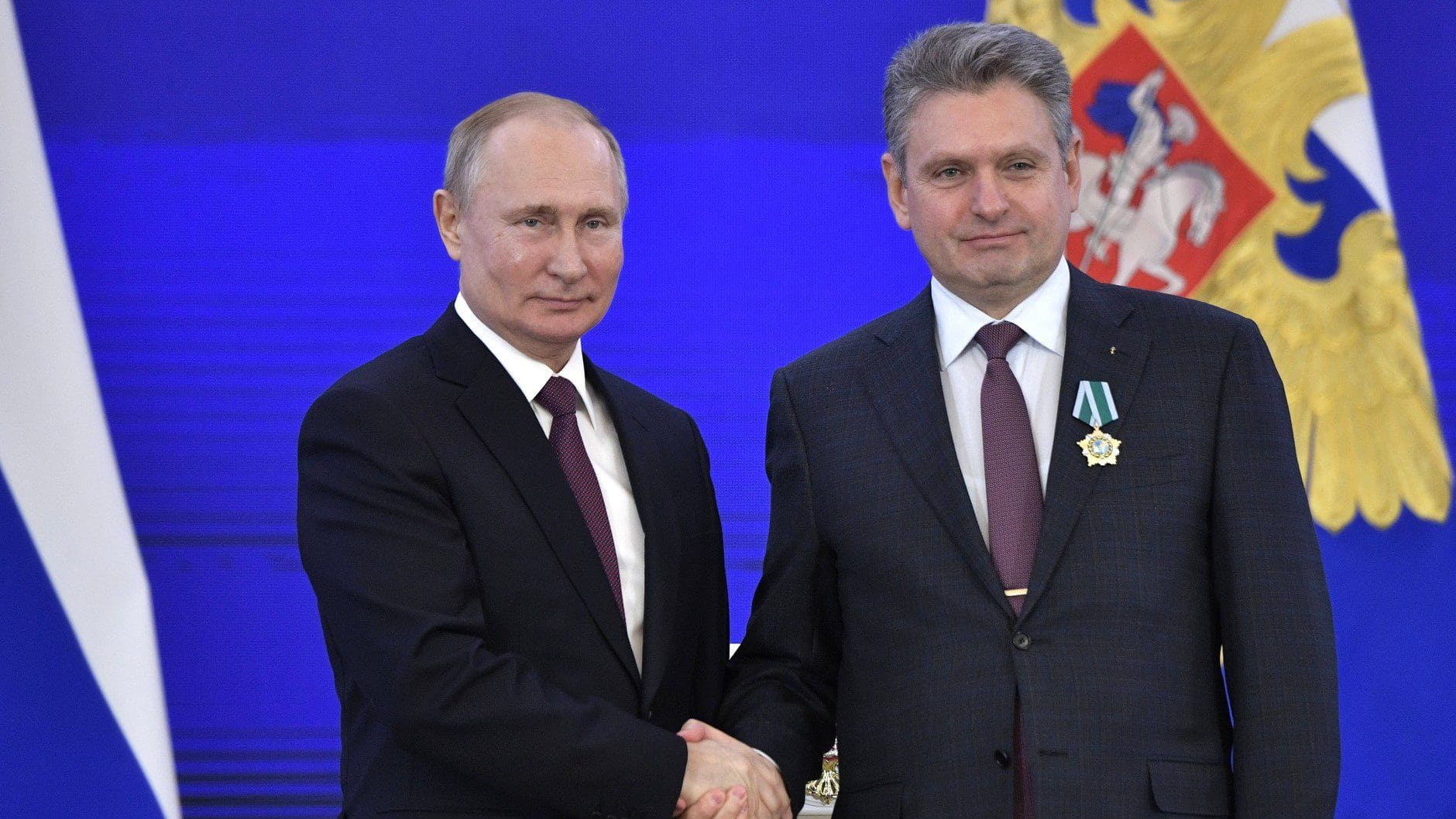
The United States and the United Kingdom recently sanctioned Bulgarian citizens for their alleged abuse of public funds under the Global Magnitsky Act.